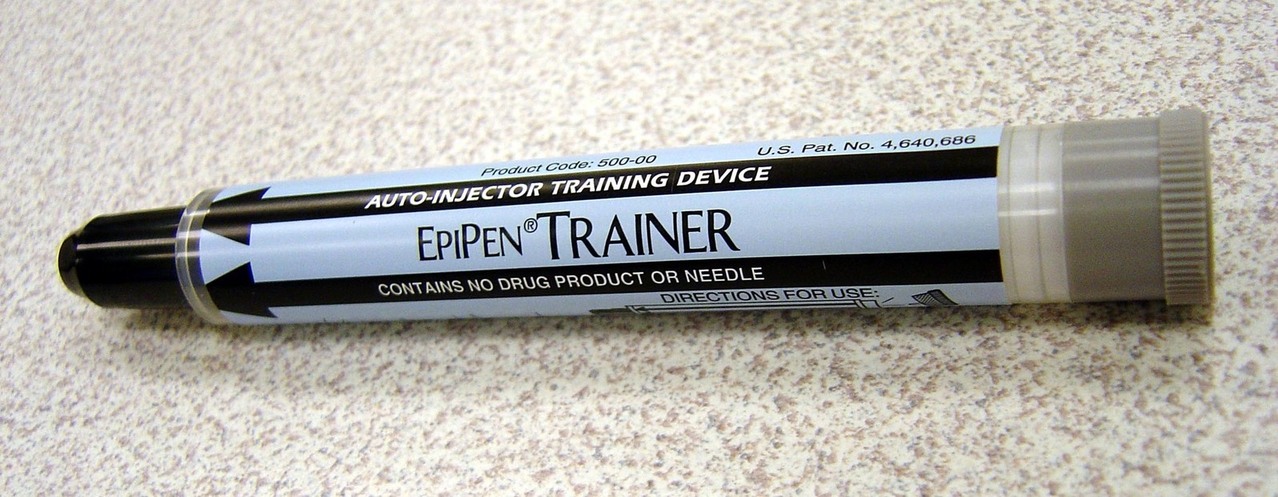 Thanks to a whistleblower, the makers of the EpiPen will pay the Government $465 million to resolve claims that they falsely classified the drug as generic so that they could decrease the rebates they had to pay to Medicaid. A pharmaceutical company called Sanofi-Aventis US LLC, the whistleblower, will receive $38.7 million of that amount for its work in helping the Government collect the higher rebates.
Thanks to a whistleblower, the makers of the EpiPen will pay the Government $465 million to resolve claims that they falsely classified the drug as generic so that they could decrease the rebates they had to pay to Medicaid. A pharmaceutical company called Sanofi-Aventis US LLC, the whistleblower, will receive $38.7 million of that amount for its work in helping the Government collect the higher rebates.
Suit Says Mylan Double-Dipped for Profits
The EpiPen has been much in the news lately because of the fact that pharmaceutical companies Mylan Inc. and Mylan Specialty L.P., which make the EpiPen, increased the price of the product by 400% between 2010 and 2016. But according to the False Claims Act lawsuit filed by whistleblower Sanofi-Aventis, that remarkable increase in price was not enough for Mylan. The Government and Sanofi-Aventis say that Mylan was double-dipping; in addition to charging beefed-up rates, the company also was violating the Medicaid Drug Rebate Program.
What is the Medicaid Drug Rebate Program?
Congress enacted the Medicaid Drug Rebate Program (MDRP) back in 1990 as part of the Omnibus Budget Reconciliation Act. Congress designed the Act to ensure that pharmaceutical companies do not gouge Medicaid. If a drug company wants Medicaid to cover its products, it has to pay Medicaid a rebate.
Congress was concerned that Medicaid programs would be particularly vulnerable to price gouging when they paid for drugs that were not generic – that were available from only one manufacturer. To combat the problem, Congress provided that a manufacturer has to pay a higher rebate for a non-generic product than for a generic one (and for many years, only the higher rebate was adjusted for inflation).
What Did Mylan Do?
According to the lawsuit, Mylan misclassified the EpiPen as generic, while knowing full well that it had no substantial equivalent on the market. In fact, the reason that the company was able to demand such high prices on the market was because the product has no substantial equivalent.
Who Was the Whistleblower in this Case?
The whistleblower in this case was itself a pharmaceutical manufacturer. According to a May 9, 2017, op-ed piece by the company’s CEO, Olivier Brandicourt, Sanofi is committed to “providing greater transparency around how we make our pricing decisions, and committing ourselves to limited price increases in the U.S.” Under the False Claims Act, the company received $38.7 million for its work in bringing the suit against Mylan that allowed the Government to recoup more than ten times that amount.
What is the EpiPen?
The EpiPen (epinephrine auto-injector) is a shot that treats an emergency-level allergic reaction. For example, someone who is allergic to bee stings might keep an EpiPen handy in case he gets stung. According to a Wall Street Journal estimate, doctors prescribed EpiPens to 3.6 million Americans in 2015.
